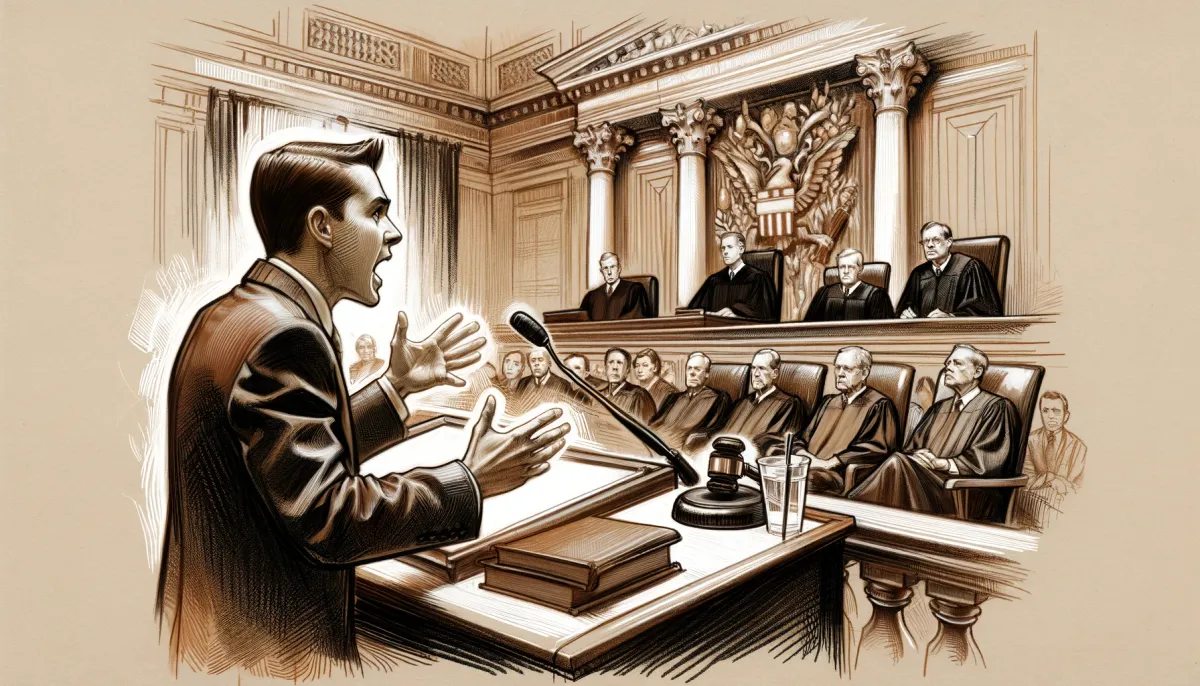Case Digest on Smith v. United States

Smith v. United States explored whether the Constitution permits a retrial after an initial trial in an incorrect venue, concluding that it does, except when prohibited by the Double Jeopardy Clause.
Introduction:
This case delves into the nuances of legal proceedings, specifically addressing the implications of venue and vicinage on retrials, and underscores the Constitution's stance on retrials following venue-related errors.
Facts of the Case:
Timothy Smith was indicted for theft of trade secrets in Florida, but contested the venue, arguing that the crime's elements occurred outside the Northern District of Florida. The trial proceeded, Smith was convicted, but the Eleventh Circuit vacated the conviction due to improper venue.
Issue of the Case:
The Supreme Court examined whether a defendant could be retried after an initial trial in an incorrect venue, in light of the Constitution's Venue and Vicinage Clauses and the Double Jeopardy Clause.
Ruling of the Case:
The Court affirmed that the Constitution allows for retrials in cases of incorrect venue, aligning with longstanding legal principles that prioritize a fair adjudication over venue technicalities.
Impact on the Legal System:
This ruling clarifies the application of venue and vicinage principles in federal trials, affirming the possibility of retrial to ensure justice, even after venue-related errors.
Conclusion:
Smith v. United States reinforces the legal system's flexibility in correcting trial venue errors, emphasizing the overarching goal of achieving justice over procedural rigidity.

